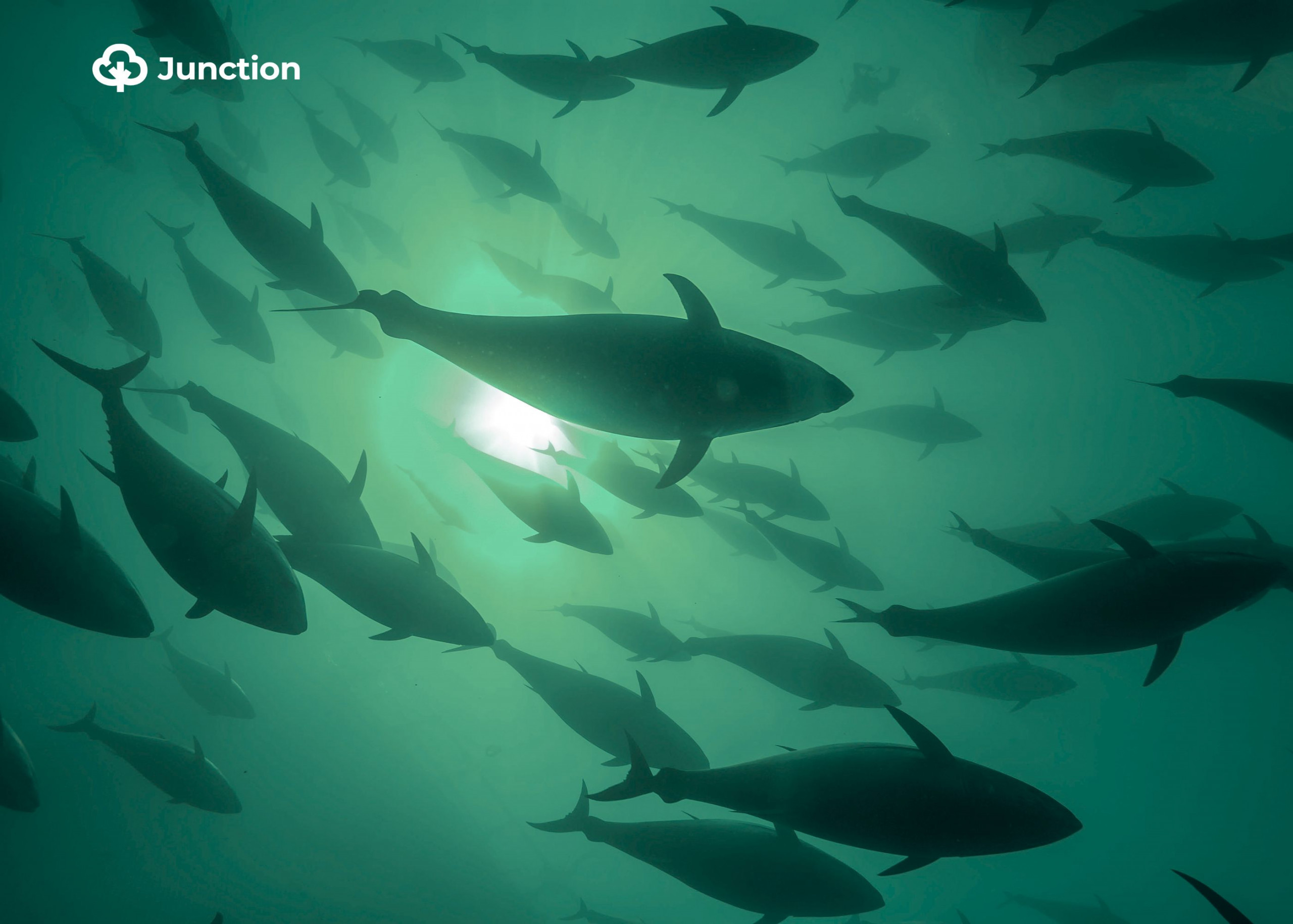News in brief:
– A new FAO report shows that 64% of global fish stocks are being harvested at sustainable levels, with strong management practices driving better outcomes in regions like the Northeast Pacific.
– Overfishing is rising in some areas, and deep-sea species and migratory sharks remain at high risk.
A new report on the world’s marine status reveals that fishing is occurring at a naturally sustainable rate, meaning fish are caught at a pace and in a manner that does not deplete populations, maintains the long-term health of marine ecosystems, and allows future generations to continue harvesting fish.
The Food and Agriculture Organization (FAO) says its statistics are crucial because they shed light on how global marine fisheries are performing. More than 650 experts from over 200 institutions across more than 90 countries contributed to the report, the agency stated.
At least 64% of all fishery stocks are exploited within biologically sustainable levels, while only 35.5% of stocks are classified as overfished. The numbers are better in areas under effective management, such as the Northeast Pacific, which boasts 92.7% sustainable fishing.
QU Dongyu, Director-General of the FAO, argues that proper fisheries management is the most ‘powerful tool’ in conserving this natural resource.
Although overfishing is relatively small compared to sustainable levels, the report states it has been rising by about 1% annually on average. In regions like the Southeast Pacific and Eastern Central Atlantic, the percentage of sustainably fished stocks is as low as 46% and 47.4%, respectively.
The agency attributes these low figures to over-dependence on fisheries for food security and nutrition, as well as widespread small-scale and artisanal fishing operations. The Mediterranean and Black Sea areas have only 35.1% of stocks under sustainable fishing.
Most species like tuna are doing well, and their populations do not appear to be under threat. However, deep-sea species remain vulnerable, with only 29% of stocks sustainably fished. There is growing concern over highly migratory sharks, often caught as bycatch in tuna fisheries.
Despite significant improvements in data coverage, the FAO says there are still gaps, particularly in small-scale fisheries. It urges countries to invest in data collection, management systems, and science-based approaches.



